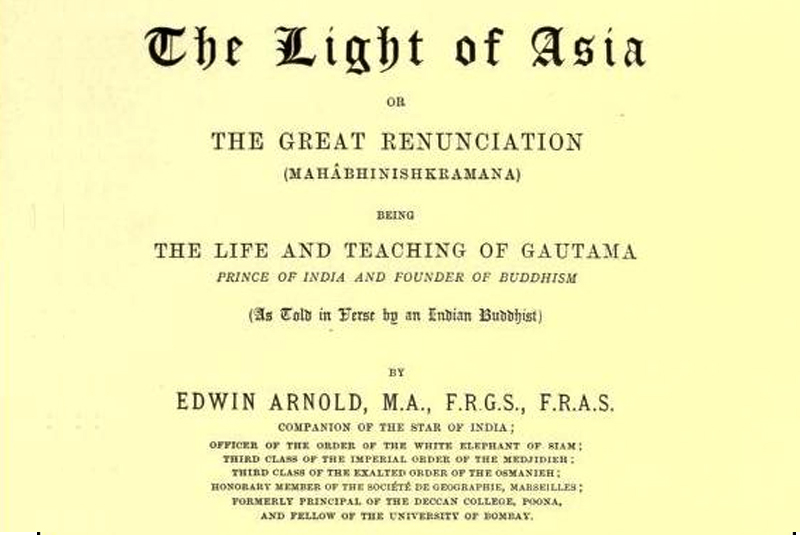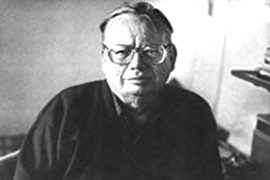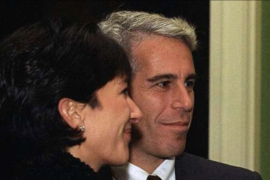Poems have the power to change the world. Words woven together as verses tell stories of great men. They become parables that entertain and educate kings and commoners, delve deep into human consciousness and shed light on the human condition. They inspire movements for social change and foster international partnerships. More importantly, they survive as cultural artefacts–everlasting monuments–that anchor history. The Light of Asia is a case in point.
In July 1879, Sir Edwin Arnold, an English poet and journalist, wrote a book. He called it The Light of Asia or The Great Renunciation (Mahâbhinishkramana). Written as a narrative poem, it depicts the life of the Buddha in rhythmic verses. The verses are compiled in “eight books.”
Sir Edwin Arnold‘s goal was to share the story of the Buddha’s renunciation with the rest of the world. “By the medium of an imaginary Buddhist votary,” he writes, [I tried] “to depict the life and character and indicate the philosophy of that noble hero and reformer, Prince Gautama of India, founder of Buddhism.”
Edwin Arnold was educated at Kings College, London, and University College, Oxford. He was interested in learning about India. He also had a flair for words. At Oxford, he won the Newdigate Prize for poetry on the subject of “The Feast of Belshazzar,” in 1852.
-30-
Copyright©Madras Courier, All Rights Reserved. You may share using our article tools. Please don't cut articles from madrascourier.com and redistribute by email, post to the web, mobile phone or social media.Please send in your feed back and comments to [email protected]











